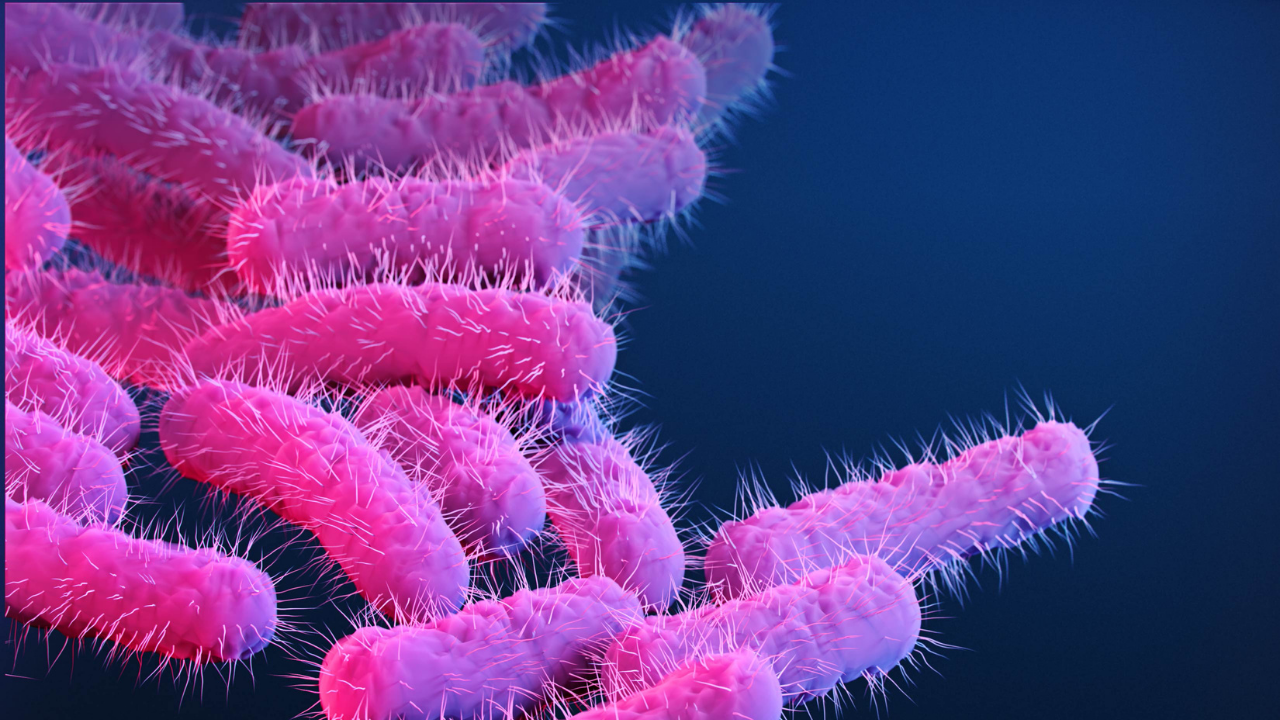Gut Bacteria and Your Blood Sugar

The Microbiome
Current estimates for the number of bacteria comprising the "microbiome," or bacteria living in the human body (mostly in the colon), suggest that there are 38 trillion bacteria that live in or on you. That number is larger than the 30 trillion human cells that comprise your body. Yes, there are more bacteria than human cells! These bacteria express genes, make proteins, use energy, and contribute in many ways to the function (and dysfunction) of your body.
I've been interested in microbiome research for several years, and I believe the current science is strong enough to state that there are healthy and unhealthy changes in the microbiome that can occur within you, that these changes can impact your health in positive or negative ways, and that paying attention to "gut health" is worthwhile as you pursue a healthy lifestyle.
Interesting Studies
I wanted to briefly highlight 2 studies of interest. In the first, researchers at the Mayo Clinic found that among people following a weight loss program, certain bacteria (Phascolarctobacterium) were associated with greater success losing weight, and certain bacteria (Dialister species) associated with a higher failure rate for weight loss. One hypothesis arising from this study was that bacteria that are better at metabolizing carbohydrate might hinder weight loss.
The second study looked at the blood glucose response to a standard meal. This response varied from person to person, and that knowing what bacteria were inside a given person helped to better predict the glucose response to a given meal.
These are just two examples of studies showing that the composition of your microbiome influences your metabolism.
What You Can Do Now
The science behind the microbiome, how it influences our metabolism, and what to do about it is still relatively young. While there are many companies that now offer testing, it remains unknown how to best interpret this information and how to make changes. For example, you might think taking probiotics would be helpful, but just like you might not get a seed to grow in poor soil, it is not known if taking probiotics that contain beneficial species of bacteria will lead to these bacteria actually colonizing and growing in your colon. It might be that the colon environment is hostile to these beneficial bacteria.
So what might you do? Here are a few simple steps you can take:
- Avoid unnecessary antibiotics. Antibiotics can kill beneficial bacteria in your gut and allow problematic bacteria to gain a foothold and grow, and it can take months for your normal bacteria to recover.
- Eat sufficient fiber. Fiber is food for bacteria, and having sufficient fiber in the diet helps good bacteria to flourish. Think vegetables, beans, seeds, berries, and whole grains.
- Eat fermented foods. Fermented foods contain many naturally occurring health bacteria, and eating fermented foods has been associated with good health. Examples of fermented foods include miso, tempeh, yogurt, kefir, sauerkraut, pickles, kimchi, unpasteurized apple cider vinegar, traditional buttermilk, and kombucha (for sauerkraut and pickles, look for the words "naturally fermented" on the label, and you should see bubbles when you open the jar).
- Consider taking probiotics. Although I just mentioned that the benefit of probiotics is uncertain, if you're having difficulty with your gut after taking antibiotics or you're not a fan of fermented foods, taking a priobiotic might offer benefit. Check out this article for advice.
Thinking about, and taking care of, your gut bacteria can be one way to improve your health.
Cheers,
Dr. Topher Fox